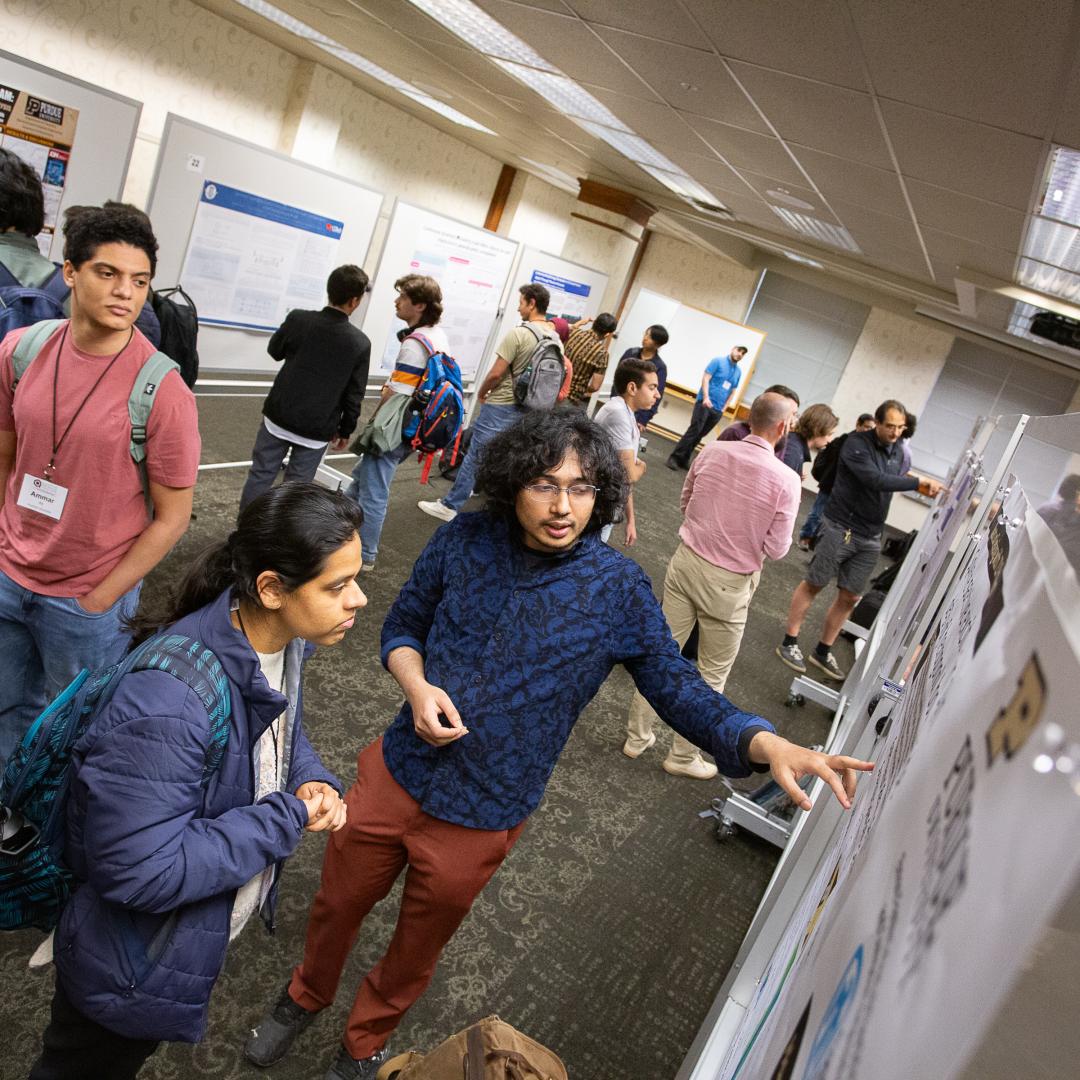Filter News
Area of Research
- Biology and Environment (26)
- Building Technologies (1)
- Clean Energy (15)
- Computational Biology (1)
- Computational Engineering (2)
- Computer Science (4)
- Fusion and Fission (2)
- Materials (3)
- Materials for Computing (6)
- Mathematics (1)
- National Security (3)
- Neutron Science (4)
- Quantum information Science (2)
- Supercomputing (18)
News Topics
- (-) Chemical Sciences (7)
- (-) Computer Science (30)
- (-) Environment (39)
- 3-D Printing/Advanced Manufacturing (26)
- Advanced Reactors (2)
- Artificial Intelligence (7)
- Big Data (5)
- Bioenergy (13)
- Biology (23)
- Biomedical (10)
- Biotechnology (5)
- Buildings (13)
- Clean Water (8)
- Climate Change (11)
- Composites (6)
- Coronavirus (10)
- Critical Materials (4)
- Cybersecurity (5)
- Decarbonization (7)
- Energy Storage (22)
- Exascale Computing (2)
- Frontier (4)
- Fusion (8)
- Grid (11)
- High-Performance Computing (19)
- Isotopes (12)
- ITER (4)
- Machine Learning (1)
- Materials (32)
- Materials Science (22)
- Mathematics (1)
- Mercury (3)
- Microscopy (10)
- Nanotechnology (10)
- National Security (7)
- Net Zero (1)
- Neutron Science (18)
- Nuclear Energy (6)
- Physics (3)
- Polymers (5)
- Quantum Computing (5)
- Quantum Science (12)
- Security (3)
- Space Exploration (4)
- Statistics (1)
- Summit (9)
- Sustainable Energy (35)
- Transportation (21)
Media Contacts

An international problem like climate change needs solutions that cross boundaries, both on maps and among disciplines. Oak Ridge National Laboratory computational scientist Deeksha Rastogi embodies that approach.
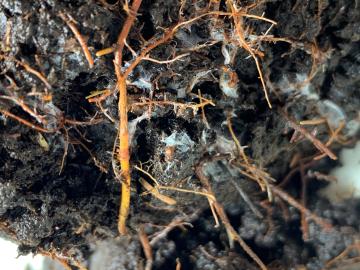
New data hosted by Oak Ridge National Laboratory is helping scientists around the world understand the secret lives of plant roots as well as their impact on the global carbon cycle and climate change.
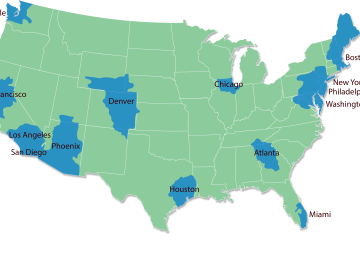
Oak Ridge National Laboratory worked with Colorado State University to simulate how a warming climate may affect U.S. urban hydrological systems.
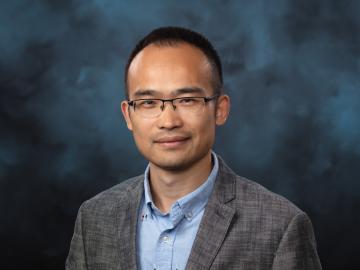
Pengfei Cao, a polymer chemist at ORNL, has been chosen to receive a 2021 Young Investigator Award from the Polymeric Materials: Science and Engineering Division of the American Chemical Society, or ACS PMSE.
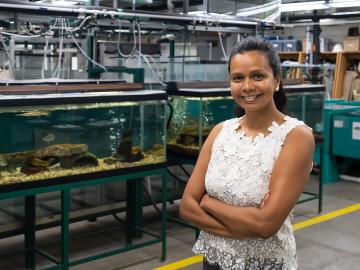
Moving to landlocked Tennessee isn’t an obvious choice for most scientists with new doctorate degrees in coastal oceanography.
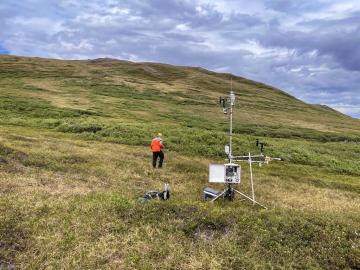
Improved data, models and analyses from ORNL scientists and many other researchers in the latest global climate assessment report provide new levels of certainty about what the future holds for the planet
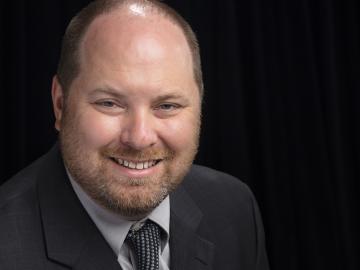
Joseph Pickel has been elected a 2021 fellow of the American Chemical Society, or ACS. Pickel supports the Fusion and Fission Energy and Sciences Directorate as environment, safety and health
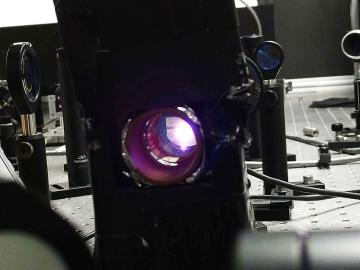
To minimize potential damage from underground oil and gas leaks, Oak Ridge National Laboratory is co-developing a quantum sensing system to detect pipeline leaks more quickly.

Oak Ridge National Laboratory researchers have developed a new catalyst for converting ethanol into C3+ olefins – the chemical
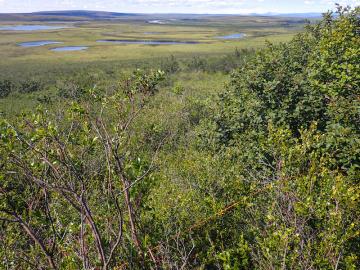
Scientists at Oak Ridge National Laboratory added new plant data to a computer model that simulates Arctic ecosystems, enabling it to better predict how vegetation in rapidly warming northern environments may respond to climate change.



